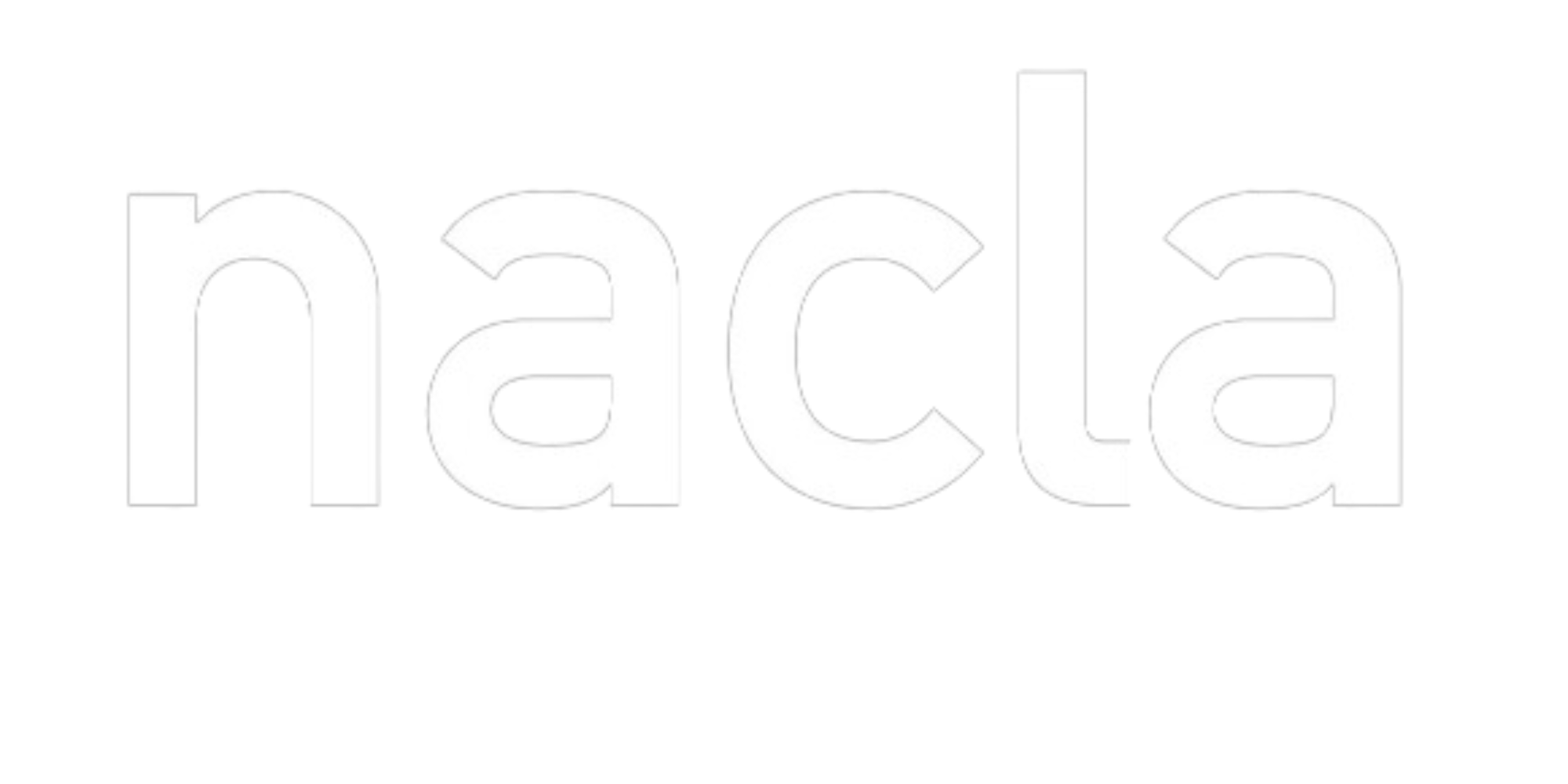In June 1999, reports appeared in the Dallas Morning News, the Washington Post, and then several other U.S. dailies about a lengthy document produced by the National Drug Intelligence Center (NDIC), implicating one of Mexico’s wealthiest and most powerful familiesbillionaire Carlos Hank González, his two sons, Carlos and Jorge Hank Rhon, and their political and financial associatesin drug trafficking and money laundering. The NDIC is an arm of the Justice Department charged with producing confidential reports for counternarcotics agencies.
The Morning News and Post reports followed by several days the breaking of the story by the Mexican daily, El Financiero. Now the reporters who wrote those stories are being summoned as witnesses in the discovery phase of a suit brought by Laredo National Bank (LNB), a Texas bank controlled by Carlos Hank Rhon, against Donald Schulz, a political scientist whoLNB claimsleaked the story.
LNB alleges that Schulz, a former Research Professor at the U.S. Army War College, infiltrated the NDIC, provided it with false information about the Hanks and their associates (including LNB) and subsequently leaked that false information to the press. Schulz says he had been legitimately talking “with people both within U.S. government agencies and outside them, including academics and journalists,” in order to gather information for his own research on the drug trade. He is appealing to his former employers in the U.S. government to give him legal counsel, thus far without success. Whether or not the Justice Department supports him, he told us, will in part be a test of the strength of the Hank family in the United States.
The Hanks, a family long identified with Mexico’s former ruling party, the PRI, and closely associated with exiled former president Carlos Salinas, claim to see a “grand conspiracy” here, Schulz says, coordinated by “rogue staffers”like himselfin federal agencies. They are suing him for defamation of character, invasion of privacy, mail and wire fraud, and even racketeering. “They are throwing the whole pot of spaghetti against the wall to see what sticks,” he says.
As our readers know, NACLA has never sympathized with the Justice Department’s approach to the Drug War, much less the purposes of the Army War College. Nonetheless the suit against Schulz, part of a larger pattern of harassment of the press by those with money and power, gives us great concern. A year before bringing suit against Schulz, LNB threatened to bring suit against a lively California-based Latino affairs magazine called El Andar. The magazine had run several investigative follow-ups on the Hank empire following the original reports, and was threatened with legal action if it did not retract a story profiling the Hanks. A letter from LNB’s lawyers demanded $10 million and the Bank’s approval of future articles. Following the threat, LNB had a year to actually file a suit, but in the end, decided not to go ahead with it.
And in December of last year, journalist Al Giordano, the publisher of the on-line magazine, Narco News, and his colleague, Mario Menéndez, editor of the Yucatán daily paper Por Esto were hit by a lawsuit filed by Roberto Hernández, the owner of Mexico’s largest bank, Banamex. Hernández, another PRI loyalist, purchased Banamex in 1991 when the country’s banks were being auctioned off by the Salinas regime at bargain basement pricessupplemented, it was later learned, by sizable contributions to Mexico’s ruling party. The suit alleges that Giordano and Menéndez knowingly made false statements about Hernández’s involvement in the drug trade in Narco News and in interviews given to the Village Voice and New York’s WBAI.
These suits, of course, are meant to stifle freedom of inquiry. No matter how intrepid the journalists, harassment by billionaires with access to high-price lawyers and lobbyists can dampen investigation. “It makes you think about the consequences,” El Andar’s editor, Julie Reynolds, told us. “You watch yourself. You don’t want to deal with these guys.” And the Justice Department has already backed down. “It hasn’t protected its researchers,” says Schulz, “and hasn’t fought back.” Former Attorney General Janet Reno went so far as to disavow the NDIC report in a letter last year to former senator Warren Rudman, now an attorney for the Hank family.
Because we consider these attacks on free inquiry important, NACLA will cover these casesand othersin substantial detail in our July/August Report, a report devoted to the Drug War. Our concern is driven by the belief, if we may quote El Andar publisher Jorge Chino, that “decent journalism matters.”
Legal Defense Funds
For Narco News, make checks out to:
Drug War on Trial
c/o Thomas Lesser, Attorney
39 Main Street
Northhampton, MA 01060
For Donald Schulz, make checks out to:
Donald Schulz Legal Defense Fund
c/o Philip Althouse, Attorney
2012 West 25th Street, Suite 715 Cleveland, OH 44113
ABOUT THE AUTHOR
Fred Rosen is the publisher and editor of NACLA Report on the Americas.

